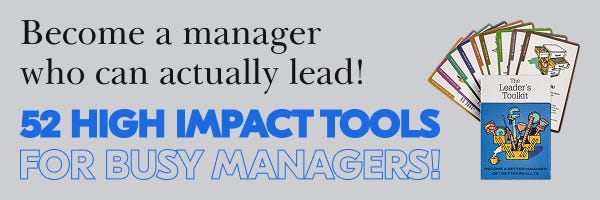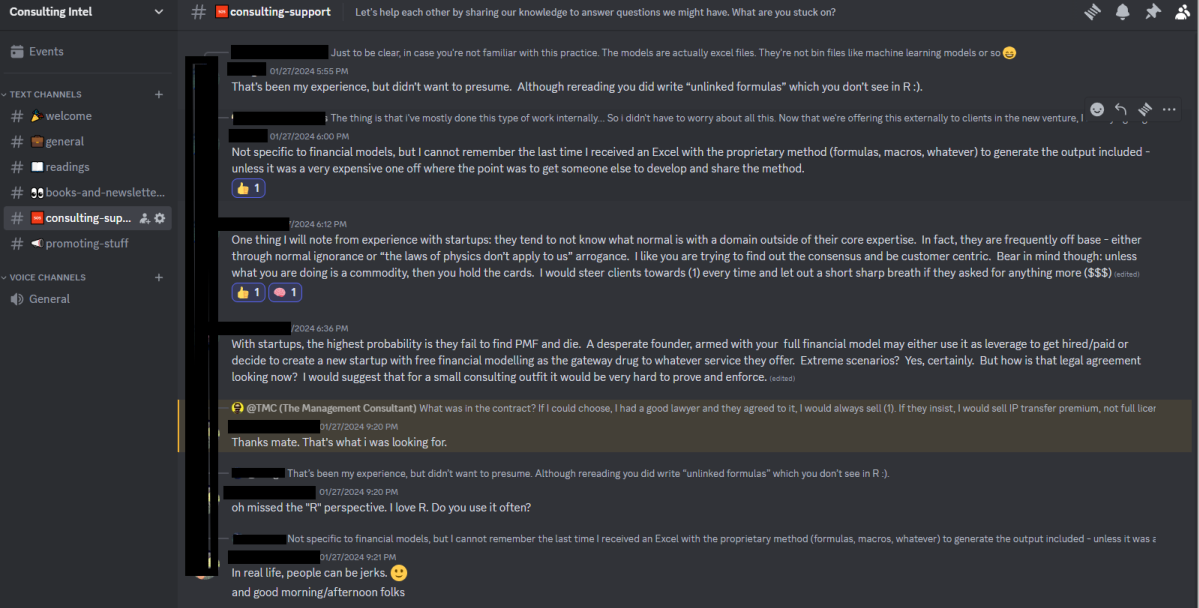Strategies should be living hypotheses, not doctrines
If a plan is built on assumptions that cannot be tested or proven wrong, it is not a strategy but a belief system. Popper knew why that matters.
Hello to the 3,102 subscribers who read Consulting Intel!
I studied philosophy in high school (some of you readers tell me I boast about it too often…) but cannot pretend to have Karl Popper’s entire life’s work stored neatly in my brain.
However, here is something that stuck with me: he had a serious problem with certainty.
Popper grew up in early 20th-century Vienna, a city overflowing with intellectuals who believed they had cracked the code of history. At one side, Marxists were convinced they could predict the inevitable march of capitalism’s collapse, at the other side Freudians claimed they could decode the human psyche with their theories of repression and desire.
Popper noticed something troubling.
No matter what happened in the world, these theories always seemed to be “right”: a worker’s uprising was proof of Marx’s prophecy, a man afraid of his father was Freud’s Oedipus complex at work, and when Popper asked how one could prove these theories wrong, he was met with silence.
Popper was known to be particularly bothered by the implications of Heisenberg’s uncertainty principle, which suggested that certain properties of particles, like position and momentum, could not be precisely known at the same time. This idea challenged Popper’s realist views, as it seemed to imply that particles did not have definite properties until they were measured.
Popper, being a fierce critic of dogmatic thinking, decided to challenge these ideas with a thought experiment.
In 1934, he proposed what would come to be known (very creatively…) as Popper’s experiment. The experiment involved entangled particles, which are connected in such a way that measuring one particle instantly affects the state of the other, regardless of the distance between them.
In Popper’s thought experiment, he imagined two entangled particles passing through slits. If the position of one particle was restricted by passing it through a narrow slit, Popper wondered whether the second particle would also show a restricted position, even if it did not pass through a real slit. He predicted that the second particle would not be diffracted (or show a spread in its position) unless it actually passed through a physical slit. This prediction seemed to challenge the uncertainty principle, as it suggested that the position of the second particle could be precisely known without violating the principle.
However, when physicists Yoon-Ho Kim and Yanhua Shih realized Popper’s experiment in 1999, the results surprisingly supported Popper’s predictions but did not violate the uncertainty principle. The experiment showed that while the second particle did not diffract without a real slit, the results could still be explained within the framework of quantum mechanics. This led to a lively debate about the nature of nonlocal interference and the implications of entanglement.
Now, why did I tell you all of that?!
🚨 Get 10% OFF LEADERTOOLS using the Consulting Intel discount!
The Leaders Toolkit is a deck of 52 tools, frameworks and mental models to make you a better leader. Each card is highly actionable with zero fluff or jargon.
These tools are used by people working at some of the best run companies in the world such as Amazon, Hubspot and Google. Grab your Leader’s Toolkit at LeaderTools.co
Use code CONSULTANT10 for 10% off.
Popper’s experiment and his philosophical stance on uncertainty reflect his broader views on science and knowledge: scientific theories should be falsifiable, meaning they should be testable and potentially disprovable.
This led him to a radical (at the time) idea: a theory is only scientific if it can be falsified, ie, if there is a way to prove it wrong.
Instead of accumulating supporting evidence, real thinkers should be stress-testing their ideas, actively looking for contradictions (the last few years tell another story…).
Theories that could explain everything, Popper realized, explained nothing.
How strategy consultants disappoint Popper
Strategy consultants à la McKinsey, BCG, etc - like economists and stock analysts - often fall into the same trap Popper saw in Vienna: they are rewarded for confident predictions, not for rigorous skepticism. A strategy consultant builds a deck by studying the past: benchmarking competitors, analyzing case studies, running regressions, to then confidently declare: “This is what will happen, and here is what you should do.”
The logic seems airtight.
The PowerPoint looks crisp.
The executives nod along satisfied.
But businesses are exposed to randomness (history does not repeat itself in neat, predictable patterns), and the strategies that worked in one context often fail spectacularly in another.
Take the firms that tried to mimic Apple’s “design-first” approach without understanding the deep cultural and organizational underpinnings that made it work, or the countless companies that rushed into digital transformations because they saw their competitors doing it, without questioning what their own industry dynamics actually required.
Popper would argue that most strategy work is inductive guesswork dressed up as certainty.
A strategy consulting firm finds a pattern in the past and assumes it will hold in the future but real-world markets, like history itself, are shaped by rare, high-impact events that cannot be easily modeled.
When those occur, the beautifully structured five-year strategy deck becomes obsolete overnight.
Strategy as a living hypothesis
A Popperian approach to consulting would look very different.
Instead of proving why a recommendation is correct, consultants should build strategies that can be falsified, and design them with failure points in mind:
What is the weakest assumption we are making?
Under what conditions would this plan break down?
What signals should we monitor to know if we need to pivot?
What externalities would make this obsolete faster than expected?
A truly robust strategy should not “withstand scrutiny”: it should invite it!
Practically, instead of presenting a rigid plan, consultants should frame their recommendations as living hypotheses: flexible enough to adapt as new information emerges. Instead of delivering a roadmap, they should come up with mechanisms for real-time feedback, stress-testing assumptions continuously.
That’s why I always incorporate a slide with questions in any client pitch, to balance all the answers in that same slide deck…
Popper’s insight was that theories should be judged not by how persuasive they sound, but by how well they survive reality.
Consulting should work the same way: the best strategy is not the one that looks most convincing in a boardroom but the one that can take a punch from the real world and still stand.
Ciao, until next time! 👋
✍ The Management Consultant
PS: If you like this newsletter, I have one huge favor to ask.
Share it around with friends, family and colleagues.
This is the most effective way to support me (…and to keep me motivated to continue writing 😁).
Thank you 👇👇👇
🎯 INTERESTING SH*T
A couple of things I found on the internet that you may like…
What’s that long line line right there? I recommend a read of the Anthropic Economic Index to get an early insight on what will happen over the upcoming decade:
“Our digital lives are mediated through words, whether the tumult of Twitter or the doom-scrolling of Reddit, the ever-present ping of texts and the flux of Facebook. Yet this is an estimably different experience than the immersion in Wuthering Heights or Moby-Dick, Mrs. Dalloway and Ulysses. What’s been sacrificed is not reading in the most prosaic sense, but the particular experience of a certain type of reading, perilously endangered among all of us attracted to the alluring siren-call of the smartphone ping.” - What an excellent article by Ed Simon on the value of reading.
👀 JOIN THE DISCORD SERVER
If you like this newsletter, you will love our Discord Server.
In there, you will find a tight-knit community of 180+ management consultants from all over the world discussing real-life challenges, giving each other support and recommending the good stuff to keep our knowledge top notch.







